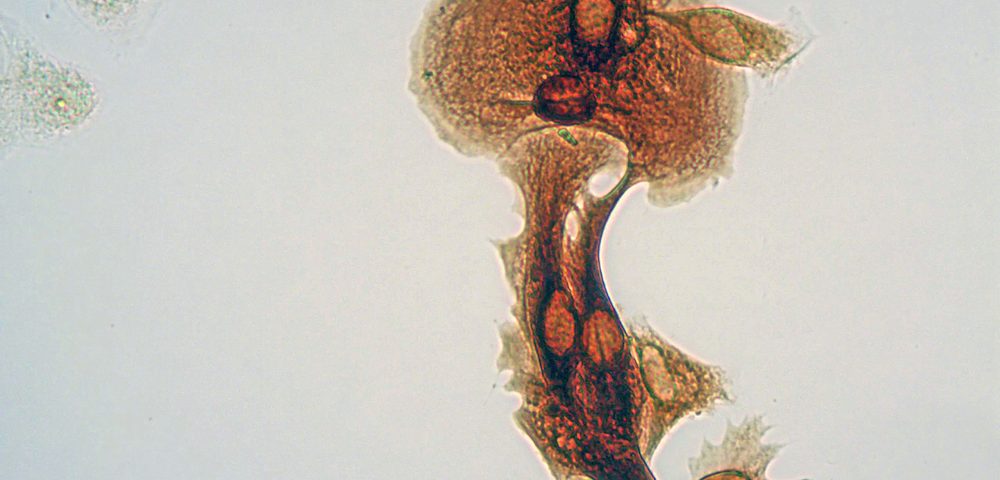The U.S. Food and Drug Administration (FDA) has approved Roche‘s Ventana PD-L1 (SP263) Assay as a complementary diagnostic tool to evaluate PD-L1 status in patients with locally advanced or metastatic urothelial carcinoma (mUC) who are being considered for treatment with Imfinzi (durvalumab).
“Urothelial carcinoma is an area of significant unmet medical need,” Ann Costello, head of Roche Tissue Diagnostics, said in a press release, adding that the assay “will serve as a powerful tool to help inform physicians about appropriate treatment options for their patients.”
The PD-L1 inhibitor Imfinzi, developed by AstraZeneca, won FDA approval earlier this month to treat locally advanced or mUC patients who had progressed during or following platinum-based chemotherapy, or who progressed within 12 months of adjuvant or neoadjuvant platinum-based chemotherapy.
The Phase 3 trial (NCT01693562) leading to the approval showed that 17 percent of patients responded to treatment regardless of their PD-L1 status. But those with PD-L1 high-expressing tumors — as determined by the Ventana assay — had significantly better response rates, with 23.2 percent partial responses and 3 percent complete responses.
This suggests that the Ventana assay could identify patients more likely to respond to Imfinzi treatment. But the test is not required for Imfinzi use. The BenchMark ULTRA, an automated staining instrument, uses the test to detect PD-L1 expression in either tumor or immune cell membranes in urothelial carcinoma samples.
Currently, the Ventana assay is also approved in the European Union as a diagnostic complementary diagnostic tool to evaluate PD-L1 status in patients with non-squamous non-small cell lung cancer (NSCLC) likely to benefit from Opdivo (nivolumab). Roche continues to seek regulatory approval of its test in other cancer indications in the U.S. and worldwide.
Urothelial carcinoma, which starts in the cells lining the inside of the bladder, is the most common type of bladder cancer. More than 79,000 Americans will be diagnosed with bladder cancer this year, and nearly 17,000 will die of the disease, predicts the American Cancer Society.


